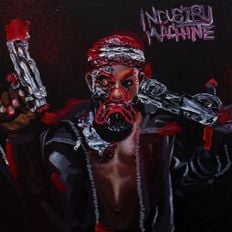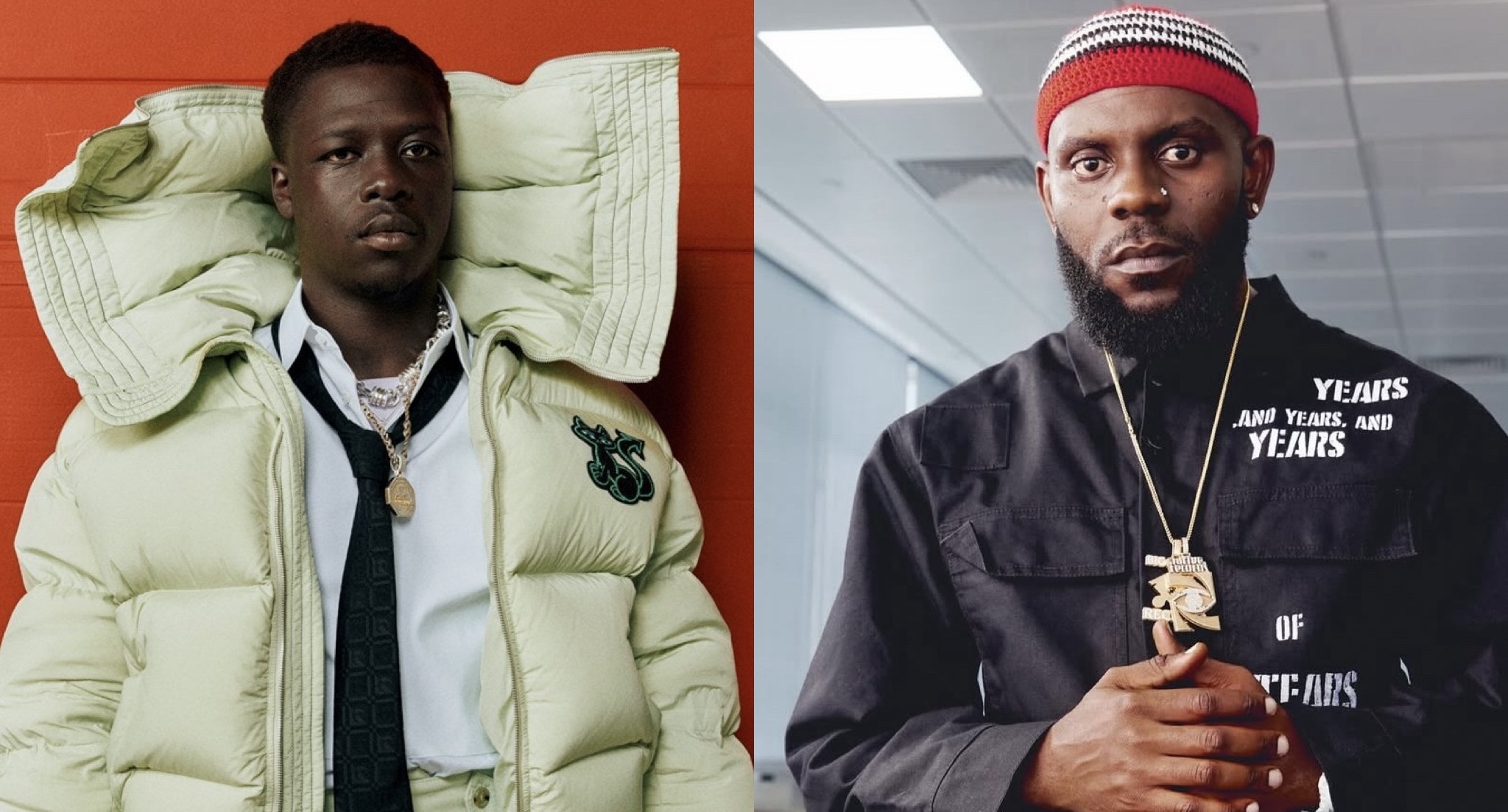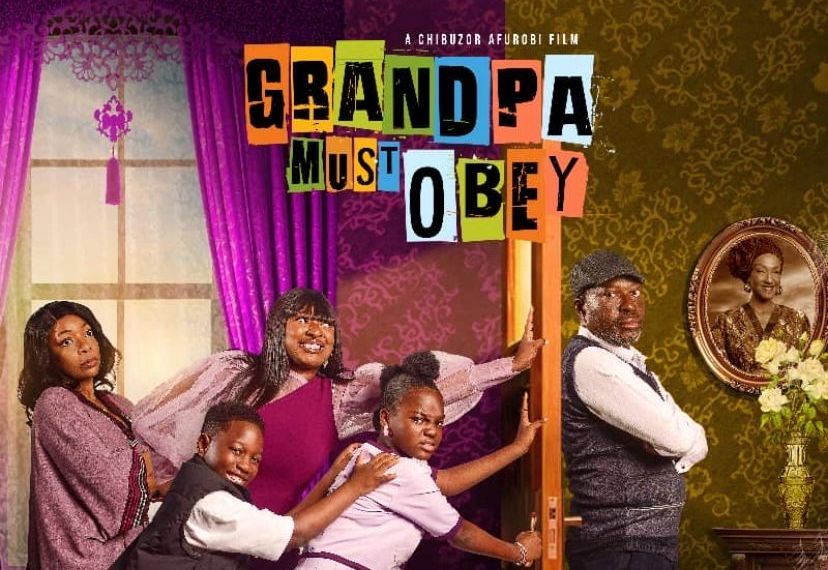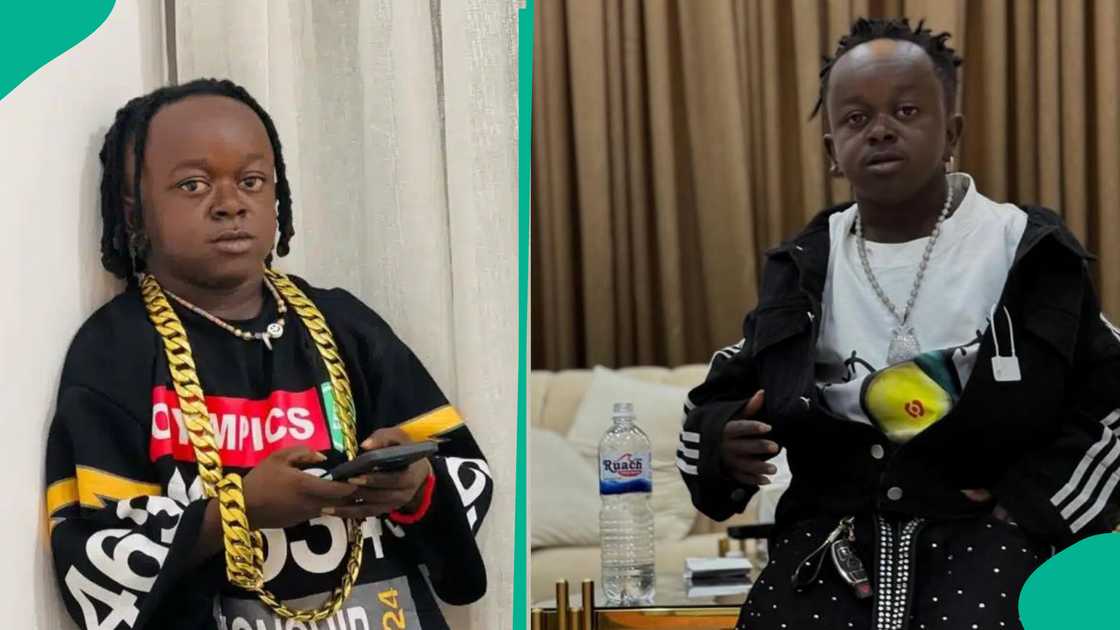Odumodublvck and Pa Salieu Lyrics

Odumodublvck & Pa Salieu – Unaware Lyrics
When it comes to the fast-evolving world of African hip hop and Afro-fusion, two names generating global buzz are Nigeria’s Odumodublvck and the UK’s Gambian-British sensation Pa Salieu. Their recent collaboration, “Unaware”, spotlights both their lyrical prowess and ability to voice lived experiences—gritty, hopeful, and undeniably relatable for West African youth. As listeners and fans dissect the track’s lyrics, the conversation is growing across Nigeria and Ghana, with lively debates on what the verses really mean for our music’s global rise.
A fundamental element of “Unaware” is its unapologetic realism. Opening with Odumodublvck’s now-signature self-awareness—
“Am I recording? Recording. Should I say it? Blvcksheep forever…”
—the track is a candid reflection on loyalty, struggle, and outsidership. These are not uncommon themes in Nigerian hip hop, but the delivery is as fresh as it is reflective of an artist trying to make sense of his place in the industry.
According to industry observers, Odumodublvck’s references such as “Blvcksheep for life” and “Izgaaju till we kpeme” resonate with young Nigerians facing the realities of urban survival, where persistence and group loyalty often shape identities. Pa Salieu’s British-Gambian lens adds a layer, bridging diasporic connections and giving African youth abroad a voice in the conversation.
Lyrical Play: More Than Just Rhymes
Early in the track, Odumodublvck raps:
“Beef na wetin dem say make I chop
Beef na wetin dem say make I walup
They can never win…
Shouldn’t they be begging me for more?”
Here, the “beef” is not just about industry rivalry—it’s allegorical for the obstacles and grudges that come with musical success. Local artists like Lagos-based lyricist Seyi Daniels argue that such lines cleverly address the pressure Nigerian acts face when breaking out of their local bubbles into international acclaim.
The hook, “Catch man sleeping unaware, Catch man slipping…”, invokes the street-smart mentality—remaining vigilant, refusing to let one’s guard down. In a Nigerian creative industry where “overnight success” is rare and hard-earned, such metaphors hit home for upcoming artists and everyday listeners alike.
References to Local Legends and Celebrity Culture
Odumodublvck weaves in Nigerian references with lines like:
“All the way from godswill akpabio, I track the nigga
Even Motolani no fit critic how I move
I play like Jokic, Like Victor Moses…”
Here, he nods to Godswill Akpabio, a notable politician, and Motolani Alake, an esteemed Nigerian music critic, illustrating both his reach and how he’s undeterred by criticism. Mentioning Jokic (Serbian basketball star) and Victor Moses (Nigerian footballer) is emblematic—symbolizing cross-continental aspirations and local pride. According to Abuja-based cultural analyst Rukayat Adegbite, “This mix of references shows our artists embracing a global mindset while lifting African icons.”
Chasing Dominance and Reflection on Success
The theme of dominance and outlasting one’s detractors recurs:
“Dem dey wonder how I dominate, He’s really doing numbers, With his corner stone rhythm…”
Such lines echo the realities many African creatives face—building careers in industries that sometimes favour outsiders or established acts, and the pressure to keep “doing numbers” for validation.
Yet, there is vulnerability: “I feel uneasy, Every time I shoot I hope I miss it, I’m thinking can he handle it…” This shows that even as success grows, anxiety and self-doubt persist. Nigerian psychiatrists have, in recent years, reminded artists and youths to acknowledge mental health pressures within highly competitive urban settings (source: Nigerian Tribune report, April 2024).
The Global Sound: Blending African and Diaspora Influences
Pa Salieu adds his own essence, drawing from his British-Gambian upbringing—
“Monsters step in the place paranormal, Drill her pussy good she say that I’m not normal… We just did a drill we sent him to Panama…”
While the lines are bold and raw, this delivery resonates with the drill and grime scenes dominating UK airwaves, now finding acceptance among Nigerian and Ghanaian youth. Ghana-based DJ and tastemaker Nana Kwasi explains, “The Afro-fusion and UK rap blend is necessary. It gives new life to African rap and brings our stories to international clubs, from Accra to London.”
Brutal Honesty and Cultural Commentary
Verses like “Fatality… Brutality… He said that he’s the king of the city, You secretary, Stay on your desk…” reflect internal debates within the African music scene regarding who deserves the limelight, who merely follows, and what it means to “make it out the hood.” Such commentary aligns with wider conversations about social mobility and authenticity across Nigeria, as discussed by Lagos Weekly (May 2024).
Spiritual and Metaphorical Flair
The lyrics move between physical and spiritual: “With the boogieman, Professional… I can get mechanical, African di animal, Vanishing like magician, Oh more spiritual than the pope in the Vatican…” Nigerian hip hop has long drawn on spiritual, cultural, and magical motifs, reflecting a society where old traditions and modern ambitions often intertwine.
Forgiveness and Holding Grudges: A Local Riddle
As the chorus repeats and the song closes, we hear:
“Ayayayaya, Should I forgive him? Never. Me I no be Jesus, I will never forgive him…”
To many Nigerian ears, these words speak to the cultural complexity around forgiveness—balancing Christian teachings with the realities of perceived betrayal in an unforgiving creative landscape. According to social commentator Charles Okwudili, “It’s honest. Many youths joke about ‘keeping the same energy’ with those who wronged them because trust has become very valuable.”
Local Impact and Global Implications
“Unaware” is more than a song—it’s a mirror reflecting the ambitions and anxieties of a new African generation. Its cross-Atlantic appeal underlines how African stories and struggles connect with diaspora realities. For many Nigerian and Ghanaian fans, the collaboration is a sign that African voices will shape global genres, not just follow them. However, as the industry grows, debates about originality, authenticity, and “gatekeeping” in African music are likely to intensify.
What’s your take on the bold honesty of Odumodublvck and Pa Salieu’s “Unaware”? Does this raw, self-reflective style push the African music movement forward, or spark unnecessary controversy? Drop your views below—and don’t forget to share this story with fellow music lovers.
Do you have a burning gist, exclusive story, or first-hand music experience to share or sell? We want to hear from you! Email your stories directly to story@nowahalazone.com and get your voice featured on our platform.
For general questions or support, reach out to support@nowahalazone.com.
Connect with us on social media: Facebook, X (Twitter), and Instagram for more entertainment and trending cultural news. Join the conversation now!










